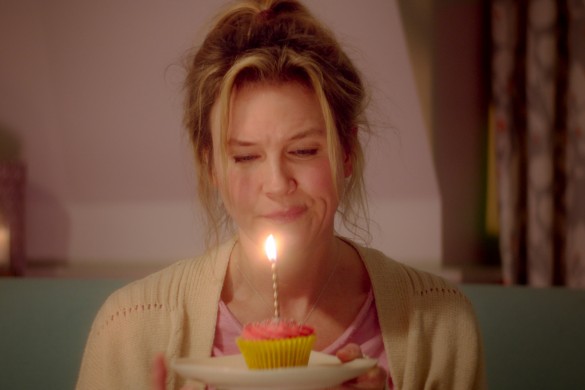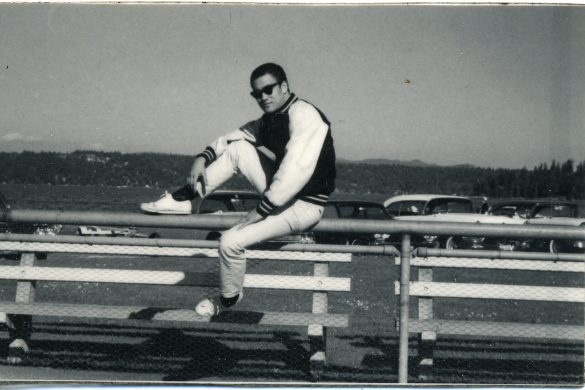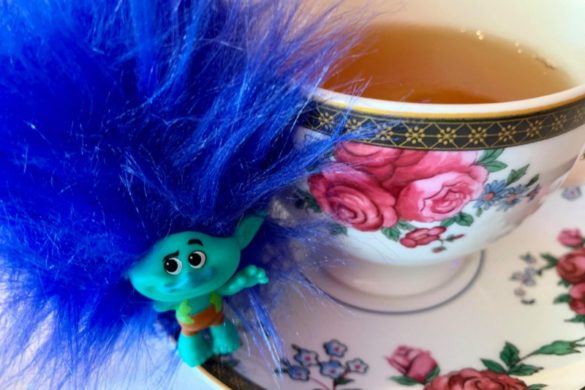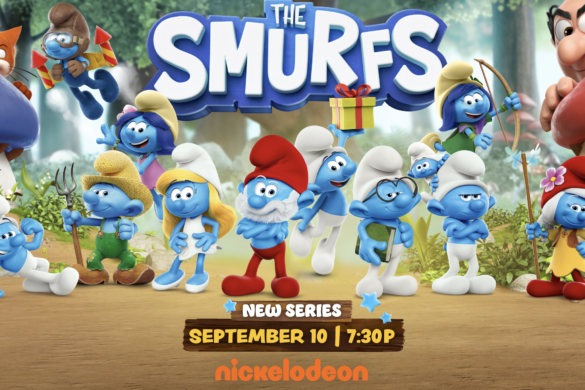Kids journey of self-discovery and finding their place within the world can be joyous, frustrating, confusing, exciting, and many other emotions. But all of it is part of the process of growing up. And for director Sean Wang’s Didi, the title character – didi means little brother in Mandarin – will discover that finding out who you are while attempting to fit in with a clique during the early age of social media can be challenging.
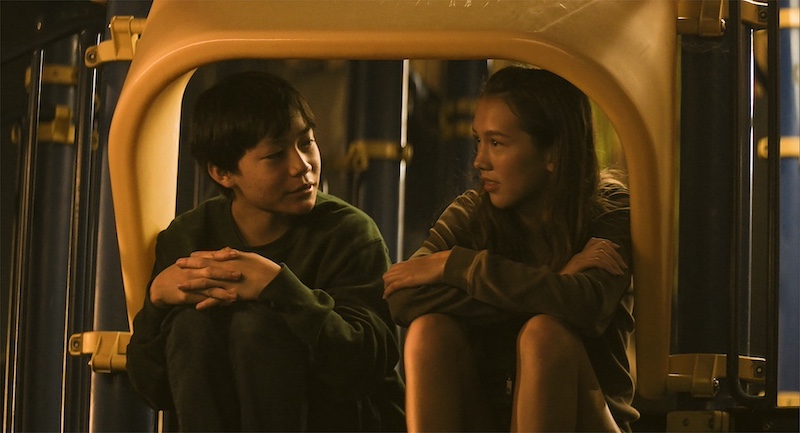
Wang’s latest feature Didi draws from his own experiences growing up in the days of cool emo rock, who is on your top eight Myspace friends, and posting amateur filmmaking on YouTube. While it has all the tropes you’d expect to see from a nostalgia-filled coming-of-age film, its cultural specificities make it so distinguishing.
Chris/Didi (Izaac Wang) is your typical 13-year-old who is spending his summer days pulling pranks like putting a dead squirrel that’s stuffed with a firecracker into a mailbox, then running away when it explodes and laughing along the way. He’s the kid who goes with the flow and follows along with whatever his friends, Fahad (Raul Dial) and Jimmy (Aaron Chang), do. As such, he doesn’t have much of an identity, but at this point, no one in such a pivotal transition knows who they really are or where they are going.
Chris lives with his single mom, Chungsing (Joan Chen), his Nai-Nai (Chang Li Hua), and his UCSD-bound sister, Vivian (Shirley Chen). It’s a multigenerational living situation that should resonate with most Asian-American households. The struggling artistic mom holds down the fort. At the same time, the unseen family patriarch provides from afar. Nai-Nai often criticizes Chungsing’s methods of washing dishes and parenting style. And then there are the bickering siblings who can make living in a single living space difficult.
As the film progresses, Chris takes on several identities to fit in with whatever group he is in and often has to research romantic comedies or how to shoot skateboarding videos so that he doesn’t embarrass himself in front of his crush, Madi (Mahaela Park) or a motley crew of skateboarders looking for a cameraman. It’s a confusing rollercoaster filled with emotional twists and turns reflecting the challenges of finding your identity while growing up. The constant switching of identities puts his values of who he is and his friendships into question.
Not only does Chris not know what he gets himself into when he puts on false fronts – like saying he loves movies that he’s never watched – but his insecurities speak volumes. Chris can be seen quietly walking in the background, staring at the ground, and nodding to whatever his friends say as they reminisce about their latest prank. As such, Chris feels his input doesn’t matter and simply complies with the pressure of engaging in a fight he doesn’t have to be in. Even when Fahad tells Chris about rumors of what Madi has been saying, he doesn’t question it or get the full context. And because he doesn’t know when to withhold specific prank-pulling stories exclusive to his circle, he can be shunned by his friends who are simply trying to look cool in front of the girls who may not have a taste for adolescent pranks.
Though it may seem like Chris is living the time of his life, his journey of self-discovery will spiral out of control in destructive and insightful ways for a young teenager with much to learn about friendship, family, and self-respect. Wang captures adolescence and the struggles of finding one’s self as a teenager through an insecure Chris’s frantic keystrokes and mouse clicks. Chris copies whatever his friends do or say and takes his sister Paramore’s Riot! T-shirt, and acts rebellious because he thinks it will impress the people around him. Often, this backfires because he has no idea about the consequences of his actions or that words can hurt.
Since Chris lacks specific social skills, he has trouble fitting in with whatever clique he gravitates to. He reciprocates the cold shoulder to his Fahad, who shunned him earlier by telling him he can’t go to a party. He constantly lies to Madi on their date, leading to awkward silences and an embarrassing moment when they play the “Are you nervous game.” Soon, his relationships with his friends and family deteriorate at the seams. When Chris opens AIM, we see him type out messages but never send them to the recipient out of fear of how they may respond. The camera lingers long enough to see him scroll the cursor over to the send button but never clicks it. So he isolates himself from the outside world, blocking friends without thinking, ghosting them, or just sitting on unsent messages. It becomes lonely for him that his only friend is the AIM chatbot SmarterChild – and even it doesn’t put up with his misbehavior when Chris tries to cuss him out.
Additionally, Chris appears to be ashamed of his Asian-American identity. He claims to be only half-Asian to his new skater friends, who don’t even bother to take off their shows when they enter his house. Then, there are the immigrant mothers who compare their kids. While one has an excellent GPA, Chris makes videos. The condescension in Chungsing’s friend’s voice and the smug look on her son as she speaks highly of his academic accolades stings.
While Chris and his journey of self-discovery serve as the film’s beating heart, his relationship with his mother and sister grips and refuses to let go. Chris and Vivian’s bickering isn’t anything new when it comes to sibling dynamics. Name-calling comes with the territory, as is pulling pranks to get back at one another. One of the more prominent pranks sees Chris peeing into Vivian’s facial lotion and Vivian threatening to period in Didi’s mouth as payback if he ever does it again. It may seem like it can get out of control, especially when Nai-Nai has to step in, not to stop the two from fighting but to criticize Chungsing for refusing to take control of the situation.
While it may seem like Vivian is eager to leave the nest, she plays a prominent role as Chris’s protector. When Chungsing and Nai-nai get into a heated argument with each other, she pulls him out of the traumatizing situation. Vivian is also invested in her younger brother’s safety, especially when she drops him off at an abandoned lot with his so-called friends that she knows nothing about. When he comes home a drunken mess, Vivian comforts Chris and ensures he stays out of their mother’s sight. If anything, “Didi” should have spent more time fleshing this dynamic out as Vivian could have dispensed her wisdom to her brother, who is struggling to figure things out.
As for Chungsing, she tries her best, but her living situation makes things challenging. She is a quiet force to be reckoned with as she is the only one in the household keeping the family together while also trying to live out her dreams as a painter. When she asks her uninterested son to take a look at all of the work she’s done, he immediately brushes it off with typical teenage ennui. Like her son, she does succumb to specific social pressures. Her kids have embraced the American culture but still live in a multigenerational Taiwanese household.
Despite Chris not meeting specific social standards, Chungsing has her own life to live and will continue to provide and protect her children even if her friends and peers look down upon them because they aren’t going to certain schools or getting high GPAs. She loves her children unconditionally, even though she admits they make it hard to do so.
Chungsing is an ambitious artist with dreams of being recongized nationally. She can’t even get Chris to give an honest opinion of her work. He has that typical teenage ennui, which can come off as rude and disrespectful. Though Chris was raised in a Taiwainese household, he still embraces the American adolescent culture of being rebellious. Something of which he must of picked up through friends and Youtube. And since the pop culture scene has made such an impression on Chris, he thinks that is how people should act. Of course, Chris learns the hard way that life isn’t what you Google or see on Youtube.
Wang captures the teenage expeirence through nostalgia. Much of the script is filled with racist and misgoynsitic language that is reimisncent of a time when representation didn’t really matter, especially to an impressionable teenager living with their Tawianese immigrant mother.
“Didi” reminds us of what it was like to be young and dumb. It has so much story to tell in such a short time, which may be detrimental to itself as it leaves very little room to resolve all of the conflicts set before Chris. As such “Didi” can feel like it lacks a certain direction. Maybe that’s the point, though. Chris ultimately doesn’t know where he’s going and just coasts on what he’s researched on Google.
By the time Chris reaches high school, he loses out on all his friendships because he’s made so many regrettable decisions. In many ways, this helps ground “Didi” in reality and removes the rose-colored glasses some coming-of-age films often put on. It isn’t afraid to to give Chen the time to reveal an ambitious Chungsing telling her youngest that she had dreams before moving to America or having kids. That sort of honesty is hard to come by, but it is something that Chris needs to hear as he is about to embark on his own journey of discovering who he is and the man he is going to grow up to be.
“Didi” is out in theaters now.
8.5/10

